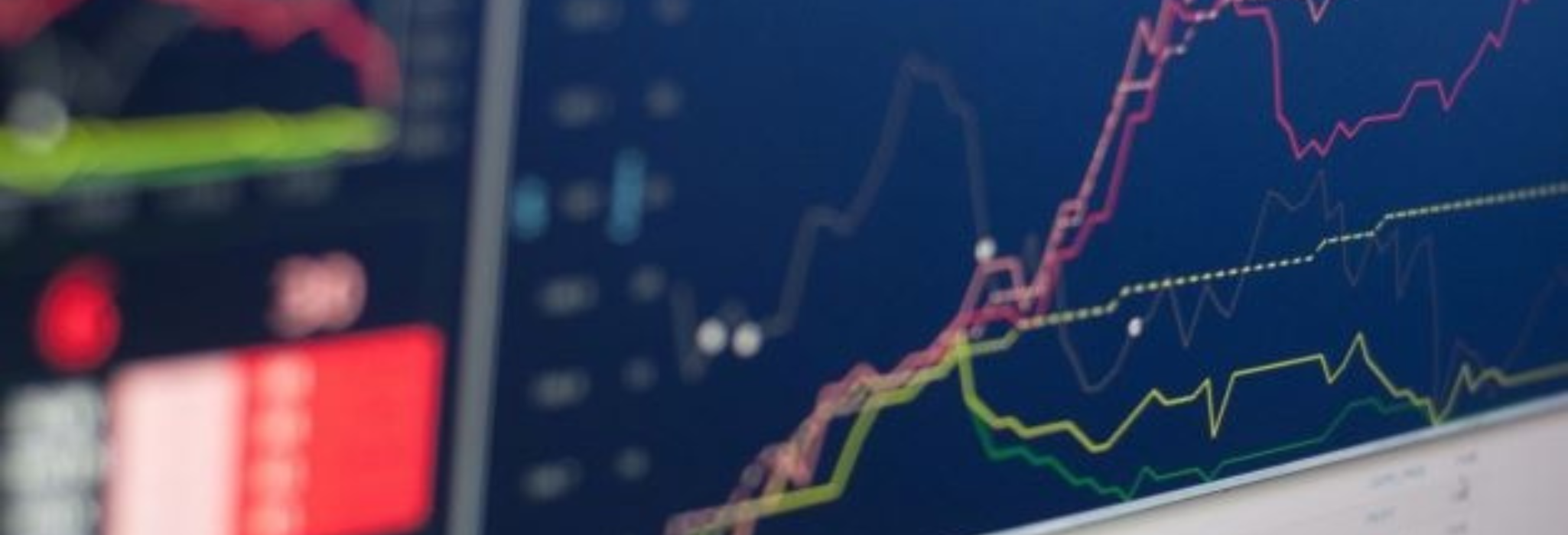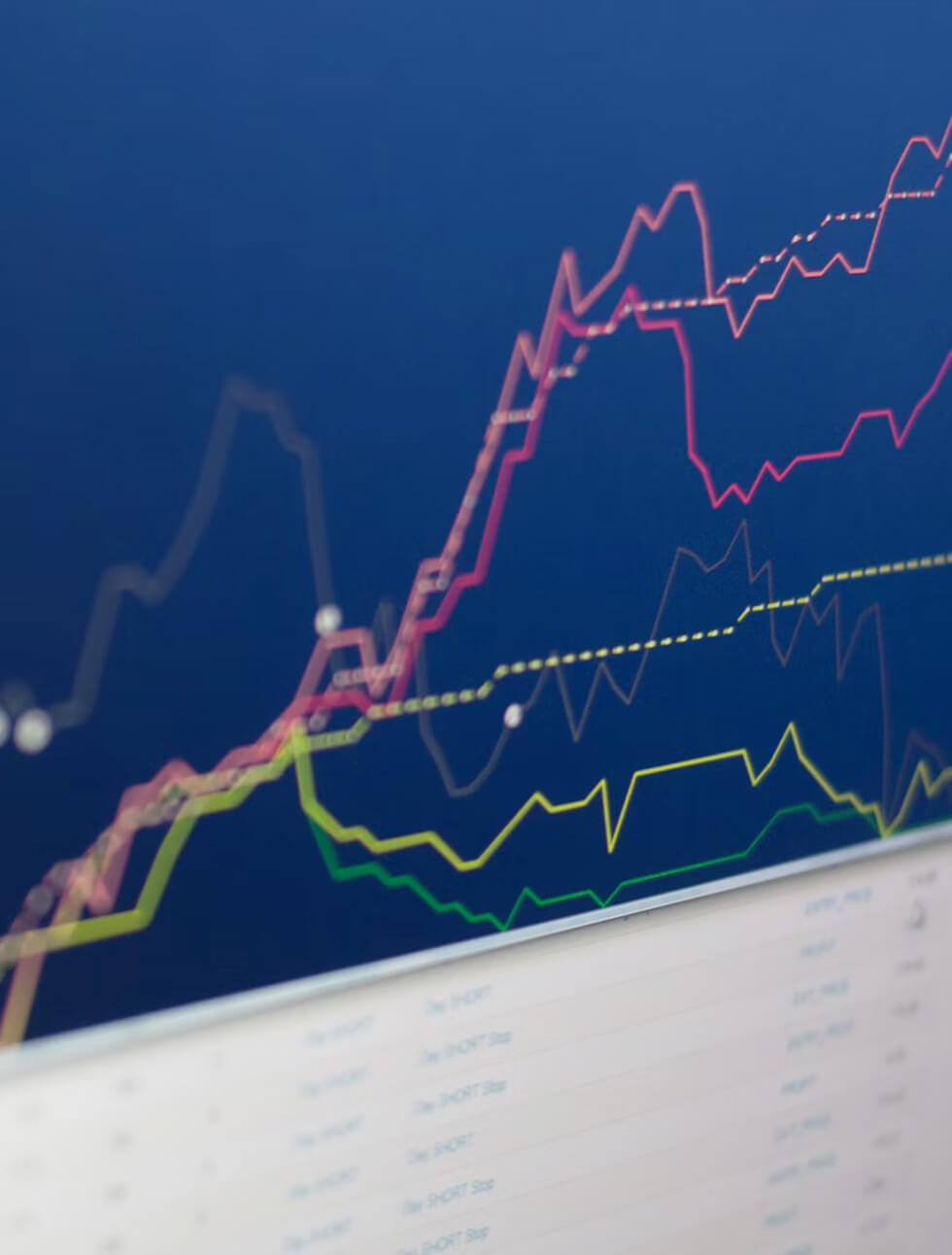Despite concerns of a recession, a banking crisis, and soaring Treasury yields, U.S. stocks have defied the odds and surged 20% last week since their October lows. This remarkable rise meets the definition of a bull market.
On October 12, 2022, the benchmark S&P 500 index hit a low of 3,577.03, dropping 25% from its all-time high due to aggressive interest rate increases by the Federal Reserve to combat high inflation.
However, the economic outlook and the nearing end of the rate hiking cycle have instilled growing optimism among investors.
Following a slump caused by the US jobless claims report, the Dollar Index (DXY) has marginally recovered on Friday morning.
The attention now turns to next week’s high-impact US releases, including the US Consumer Price Index (CPI) and the Federal Reserve’s interest rate decision.
The short-term market direction will largely depend on the CPI, as recent data indicates a slowdown in the US economy.
If inflation comes in higher than expected, it may affect other data releases and increase expectations for further tightening by the Fed.
The euro zone officially entered a recession in the first quarter of this year, causing a shadow of doubt on economists’ expectations for the coming months.
Several eurozone economies, including Ireland, the Netherlands, Germany, and Greece, reported contractions in their economies during the first quarter. Consequently, the region as a whole experienced two consecutive quarters of negative GDP performance, officially entering a technical recession.
The European Central Bank (ECB), which has pursued a hawkish path over the past year and recently set its main rate at 3.25%, faces challenges in this underwhelming economic environment.
As the ECB’s meeting approaches, market players have priced in a 25 basis point hike. However, a weak economic performance might limit the ECB’s ability to further raise rates to combat inflation. Despite this, ECB officials have previously emphasized the importance of price stability, even if it means navigating through an economic slowdown.




